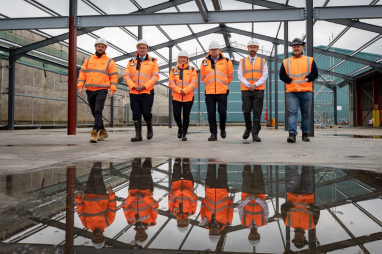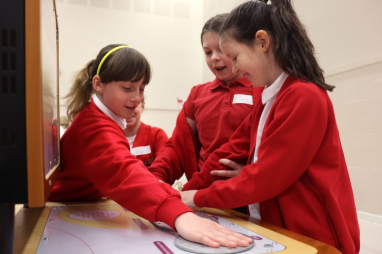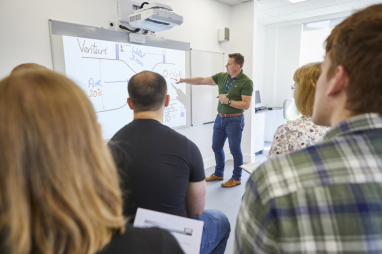- 100 - Travis Scott x Jordan Jumpman Jack Trainer Sail DR9317 , Jordan 11 Win Like 96 Gym Red Sneaker tees Black Sneakerhead Grinch - IetpShops
- nike jordan outlet online
- Latest Nike Air Max 97 Trainer Releases & Next Drops , Nike Air Jordan Retro I High OG Black Metallic Gold 2020 , IetpShops
- nike air jordan 1 mid outlet
- Nike’s Heidi O’Neill On Investments During COVID, Nike Training Icon Clash Dry Podkoszulek z logo Swoosh w panterkę, Zapping Zoom Fatigue – Mindarie-wa News
- Air Jordan 1 Paisley Bandana Release Date
- Air Jordan 1 Blue Chill Womens CD0461 401 Release Date 4
- Air Jordan 1 University Blue 555088 134 Release Date Price 4
- Air Jordan 3 Rust Pink CK9246 600
- nike air force 1 low white gold dc2181 100 release date info
- Home
- News and analysis
- Info hubs
- Events
- Video
- Case Studies
- About us
- Magazine
- Advertising
Produced for the industry by the Association for Consultancy and Engineering
Comment
Engineers are driving the fourth industrial revolution

Many engineering jobs today would have been unimaginable 20 years ago and the industry's transformation should lead to a more diverse workforce, writes Paul Jackson.
Knowledge, so the saying goes, is power. Improving young people’s knowledge of what engineers do and how their work contributes to the world around us is key to bridging the skills gap. When people understand what our industry does they appreciate it more and (as is often the case with young people) can get really excited about the careers its different sectors can offer. Public perceptions of engineering are improving and we need to build on that momentum to continue to increase the proportion of people who know what engineers do.
Attitudes to engineering have changed dramatically over the past five years, with 65% of the UK population able to name which engineering development in the last 50 years have had the most impact on their lives. Unsurprisingly, the internet came out top, with developments in computers following closely after. This is a massive improvement since 2010, when the same question could only be answered by 38% of people.
It is engineers that are driving the ‘fourth industrial revolution’, which is transforming our daily lives on so many levels. For example, working with some retail technology experts for The Big Bang Fair recently has shown me that shopping in the future will include virtual reality changing rooms, aIl shop assistants and drone delivery. The application of VR may well prove universal, given it can already support retail, training train drivers and even be used to detect cracks in aging pipelines.
Many engineering jobs today would have been unimaginable 20 years ago and no doubt 20 years from now the industry will have transformed massively. If we get it right, that transformation will include a considerably more diverse workforce.
The pace of development is unprecedented and we need to invest in supporting and developing the innovators whose R&D work will shape our world. The announcement of an industrial strategy fund to support areas like artificial intelligence, biotech and robotics reflects the UK’s huge potential and ensuring the workforce has the requisite skills is fundamental to ensure we are indeed “stepping up, not stepping back” as the prime minister says.
To achieve that, more needs to be done to open up engineering to young people of all backgrounds. The young people that have taken part in both Big Bang and Tomorrow’s Engineers agree that a “career in engineering is desirable” to a much larger extent than the national average. That comes from hands-on activities and the all-important direct contact with industry professionals, who talk about their work, their interests and how they got into engineering.
That’s what I mean when I talk about careers inspiration. Without that input from employers and working professionals the chances of inspiring a future engineer are greatly reduced. In its recent report on careers information, advice and guidance in schools, Ofsted recommended more support from employers to highlight real careers and talk about how to get into them. I couldn’t agree more.
Many of you are already working with schools and the good news is that independent research says we can triple the impact of that kind of activity by working together in a coordinated way. Tomorrow’s Engineers is facilitating that coordination (through employer support managers in post across the country) so we can target our efforts for maximum return. We owe it to the potential engineers of the future to give them every opportunity to understand what the industry has to offer them and encourage them to start that journey.
Paul Jackson is the chief executive of EngineeringUK.





